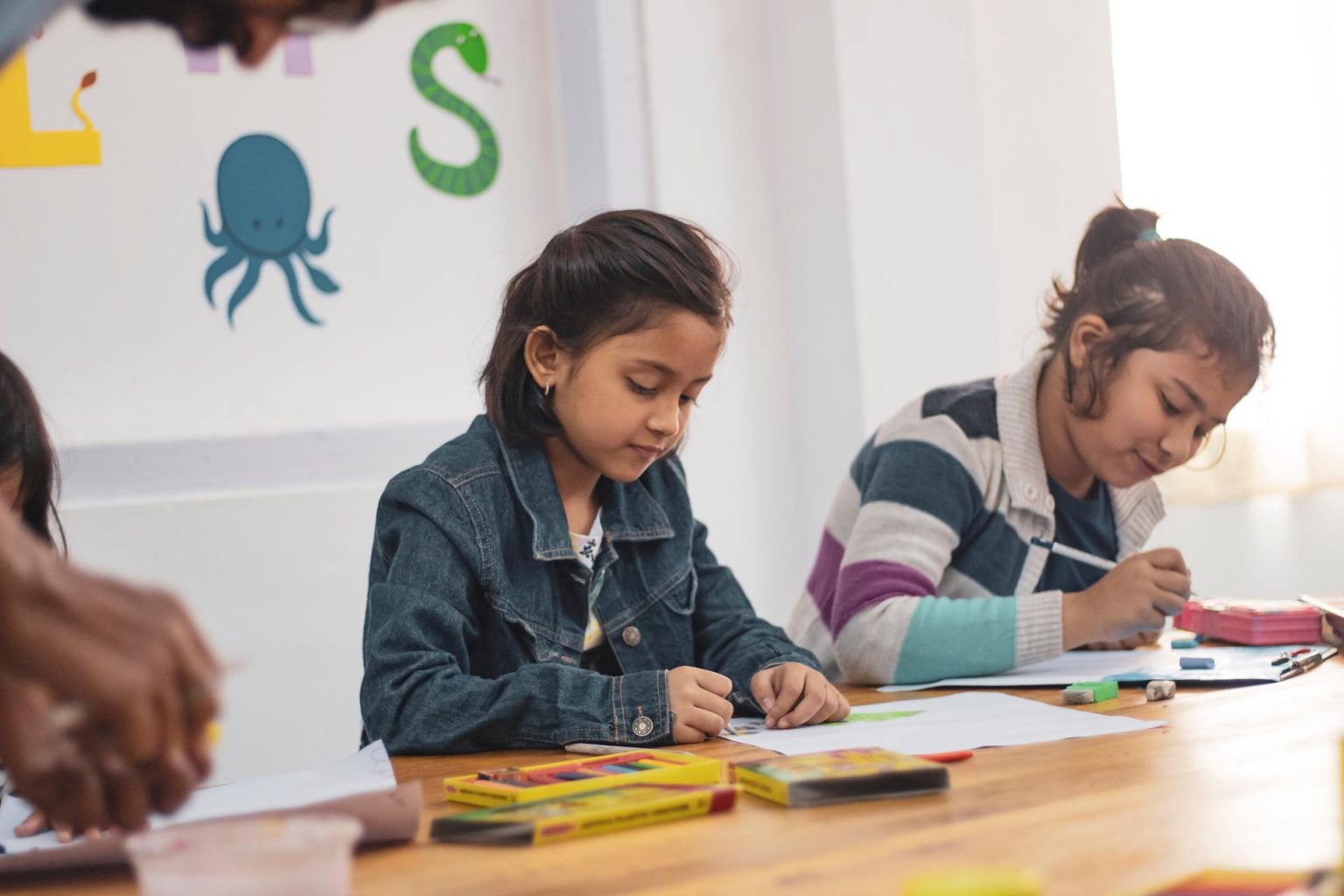
No doubt you’ve heard of the term “gifted” – perhaps even when you attended school. But what does it actually mean for children when it comes to learning and academics? According to the National Association of Gifted Children (NAGC), “Gifted individuals are those who demonstrate outstanding levels of aptitude or competence in one or more domains.”
Within this broad definition there are a range of traits that parents, psychologists and teachers use to identify giftedness in children. Some of the most common are: intense curiosity, keen sense of humour, rapid mastery of basic skills and advanced reading ability.
Receiving a gifted “designation” usually happens within the school system. In most provinces and territories, standardized testing occurs in Grade 3 or 4. If a student is flagged as possibly gifted (or “talented” in some regions), he or she may go on for further testing. Some parents choose to have their children tested privately by a board-certified psychologist. Individual private testing can be pricey but is generally more comprehensive and in-depth.
To make matters more complex, giftedness is sometimes labelled as a learning disability (LD) and often co-exists with another LD such as ADHD or a language processing disorder. Even without a learning disability in the mix, there can be exasperation or challenges. “If children are exceptional in one area and not in others, there’s that frustration: ‘Why can’t I do this?’ They integrate information differently than their peers,” says Dr. Barbara Bresver, a child psychologist who works with school boards and in private practice.
Same designation, different paths
Dr. Bresver shares what makes gifted children ‘tick’. “Learning is exciting to them. They convey curiosity, mastery and energy.” However, just because two people have the same designation, it doesn’t mean they feel, behave or learn the same way.
Both of Heather Hudson and Steve Cox’s two children received the gifted designation recently during elementary school. While Heather, a writer, believes it makes both kids feel special, their kids’ academic paths and feelings differ. Her daughter seems to feel the designation is, “an affirmation that she’s smart and works hard and it motivates her to work harder.” But, for their younger son, who has struggled within traditional classroom and regular programming, it has validated his sense of ‘otherness’.
Identify and prosper
Once identified, gifted children are offered options to play up strengths and avoid boredom. These may include:
- Receiving an Individual Education Plan (IEP);
- Switching to a gifted program at another school or classroom within the same school if available;
- Engaging in extracurricular activities geared to their interests and strengths (within the school or not).
Heather suggests carefully considering pros and cons before making any major changes. “When deciding whether to access gifted programming, consider your child first. Is he or she happy, adjusted and self-motivated in regular programming?”
After careful consideration, Heather and Steve decided that their daughter will remain in her home school (even though there’s no specific gifted program) and their son will move to a school that offers specific programming for gifted children. Heather cautions against change for change’s sake. “If you’ve got a kid who’s able to challenge him/herself without disrupting a good thing, stick with what you’ve got.”
Talking about the gifted child
“The statement ‘my child is gifted’ needs to be reworked,” says child psychologist Dr. Barbara Bresver. She suggests it might be more accurate or effective to say: “I have a child who has exceptional ability in area X and area Y.”
For those parents who sense their child is gifted but he or she doesn’t score well on standardized tests, don’t despair; sometimes the proof appears later in life.
“I’ve seen kids who didn’t initially score statistically high but then blossom,” says Dr. Bresver.
If we as parents foster a love of learning, curiosity and independent thought, our children are sure to prosper regardless of designation.
Resources
The Association for Bright Children of Ontario (abcontario.ca)
National Association of Gifted Children (American) (nagc.org)
British Columbia Ministry of Education (Gifted Children section) (bced.gov.bc.ca)
Stanford University online resource for children (GiftedandTalented.com)
Originally published in ParentsCanada magazine, October 2015.











